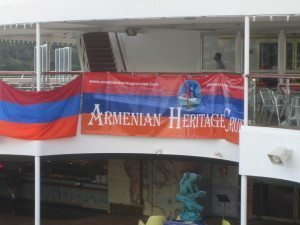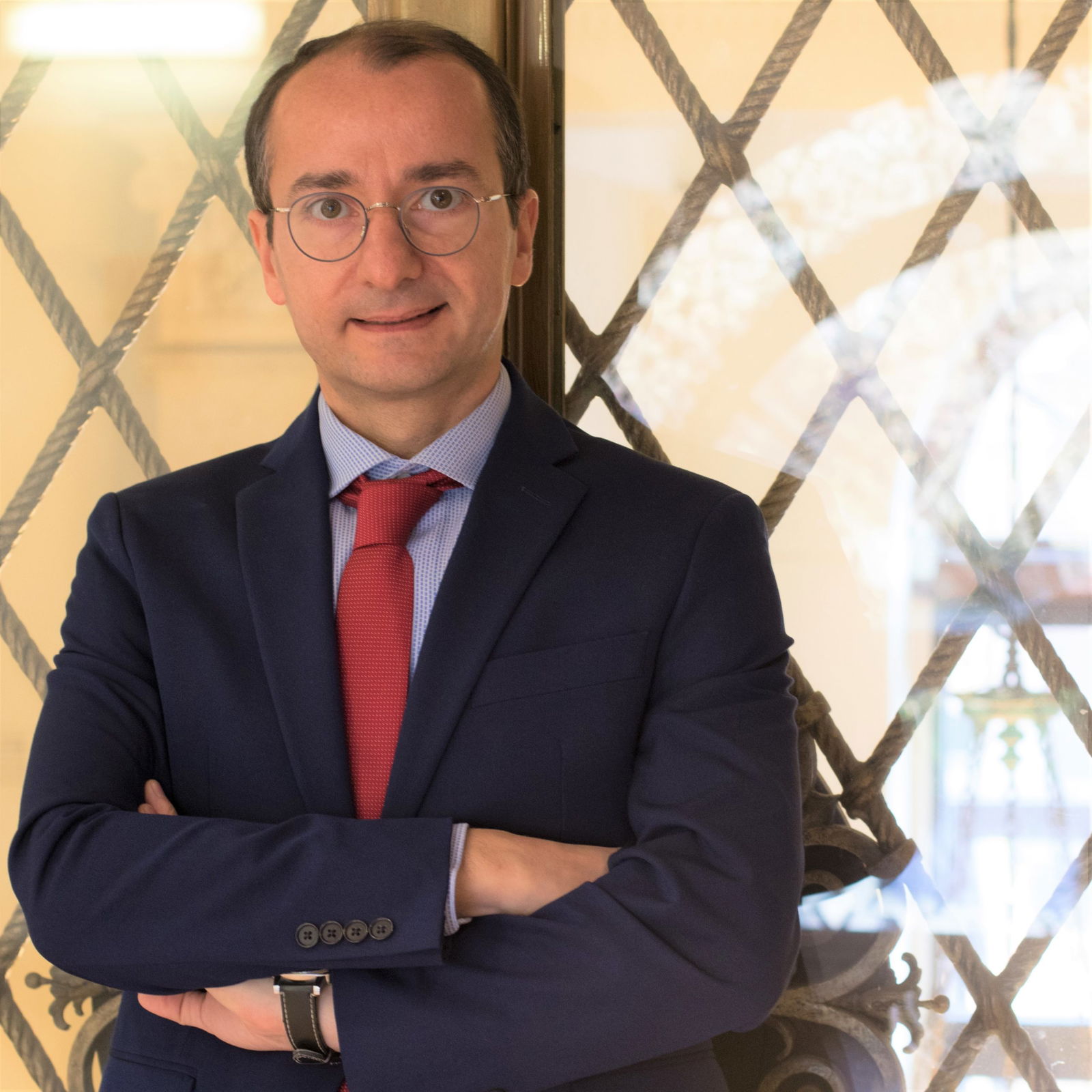Below is an article published in the Feb. 2, 2008 issue of the Armenian Weekly on a reunion on board the Armenian Heritage Cruise. The 13th Armenian Heritage Cruise sails on Jan. 16. For more information, go to www.ArmenianHeritageCruise.com.
“All the support I have provided to Melkonian—whether moral or financial—does not even pay for the olives we ate there,” says Vahe Soudjian, an import/export negotiator from France, who was on board the Costa Fortuna from Jan. 12-20 to participate in the Melkonian Class of 1968 reunion. “I owe all my successes in life to the Melkonian Educational Institution.”

Twenty-one graduates of the class of 1968 (65 percent of the entire class) and three teachers participated in the 40th anniversary reunion with their spouses and family members. They came from Australia, Greece, Lebanon, Cyprus, France, Abu Dhabi, the U.S. and Canada to see their classmates and talk about memories of a boarding school which they say gave them everything one needs to lead a fulfilling life.
“Melkonian was a fascinating educational institute that has always fulfilled the responsibility it was entrusted with. The graduates who are gathered here 40 years later are living proof of that,” says Sarkis Hamboyan of Toronto, who taught history, geography and educational psychology at Melkonian from 1965-68. “These responsibilities go beyond teaching into hayetsi tasdiyaragutyoun. These men and women are dedicated Armenians, actively involved in community life.”
I ask him what it feels like to be surrounded by his students again. “I am feeling at home. It’s like finding a long-lost brother or sister,” he says.
Businessman Vahe Halajian from New York, who currently works in Qatar, says the reunion gave him an opportunity to reflect on the role Melkonian played in his life. “We did not know at the time what a great place Melkonian was. It created an environment for us to learn and, yes, to do mischievous things.” He pauses, then adds, “Melkonian was invaluable nutrition for our minds and souls.”
While several Melkoniantsis had not been in touch with their classmates, Chahe Bardakjian, a marketing and sales director from Greece, maintained contact. “I always look for Melkoniantsis,” he said.
Mihran Jizmejian from Toronto taught at Melkonian from 1965-73 and was also responsible for the discipline of the educational institute. He recounts how the students who had discipline problems are the closest to him today. According to him, the Armenian community is orphaned with the closing of Melkonian.
The institute might have closed its doors, but the spirit of Melkonian is alive and well. “I, as a Melkoniantsi, together with two dedicated Armenians, started a Saturday school in Sydney,” says Boghos Mikaelian, a mortgage broker from Australia. “Melkonian might have closed its doors, but it opened so many new horizons.”



The olive tree is native to the Mediterranean region and Western Asia, and spread to nearby countries from there. It is estimated the cultivation of olive trees began more than 7000 years ago. As far back as 3000 BC, olives were grown commercially in Crete; they may have been the source of the wealth of the Minoan civilization.